
Beth Munger
ASPIRING PROGRAMMER & GLOBE TROTTER
Beth Munger is currently an IT Project Manager for the City of San Francisco but is working towards becoming a freelance web developer. While her new programming skillset will be a great contrabution to her work for the City, she hopes to take those skills on the road as she travels the world.
Code Snippets
Temperature Conversion
This Ruby program will prompt the user for a temperature in degrees Celsius and let the user know what the corresponding temperature is in Fahrenheit.
n = 0
def fahrenheit(celsius_degree)
celsius_degree.to_i * 9/5 +32
end
puts "What's the Temperature in Celsius?"
celsius = gets.chomp
greeting = "The temperature in fahrenheit is puts greeting
puts "Goodbye"
n = 0
puts "Pick A Number"
input = gets.chomp.to_i
def pick_a_number(value)
remainder_when_dropped_number = value % 10
no_dropped_number = value
if no_dropped_number == 11
return "
elsif no_dropped_number == 12
return "
elsif no_dropped_number == 13
return "
elsif remainder_when_dropped_number == 1
return "
elsif remainder_when_dropped_number == 2
return "
elsif remainder_when_dropped_number == 3
return "
else
return "
end
end
puts "That's the
puts "e; Goodbye"
Ordinal Challenge
This Ruby program will convert a plain number to the ordinal of the number. So, for example, if the usr enters 2, it will display 2nd. If the user enters 3, it will display 3rd, etc.
Foobar
This Ruby program is an adaptation of a classic technical interview problem which displays sequences of the Foobar pattern.
n = 0
puts "Enter A Digit To Begin Foobar"
input = gets.chomp.to_i
def foobar(number)
input = number
remainder_when_divided_by_3 = number % 3
remainder_when_divided_by_5 = number % 5
remainder_when_divided_by_15 = number % 15
if remainder_when_divided_by_15 == 0
return "foobar"
elsif remainder_when_divided_by_3 == 0
return "foo"
elsif remainder_when_divided_by_5 == 0
return "bar"
else
return " end
end
100.times do
input = input + 1
puts "end
puts "Goodby"
n n= 0
def kid_eat(food)
vegetables = ["lettuce","broccoli","carrot","onion"]
fruits = ["apple","orange","mango","pineapple"]
if vegetables.include?(food)
4.times do
puts "Gross, I hate end
elsif fruits.include?(food)
puts "How about we make a smoothie with
else
puts "om nom nom ... I love end
end
foods = ["Candy","soda","lettuce","mcdonalds","kfc","mango","cadrrot"]
foods.each do |food|
kid_eat(food)
end
puts "Enter a food to feed me:"
user_food = gets.chomp
kid_eat(user_food)
puts "Goodbye"
Picky Eater Code
Web Apps
Quote Generator
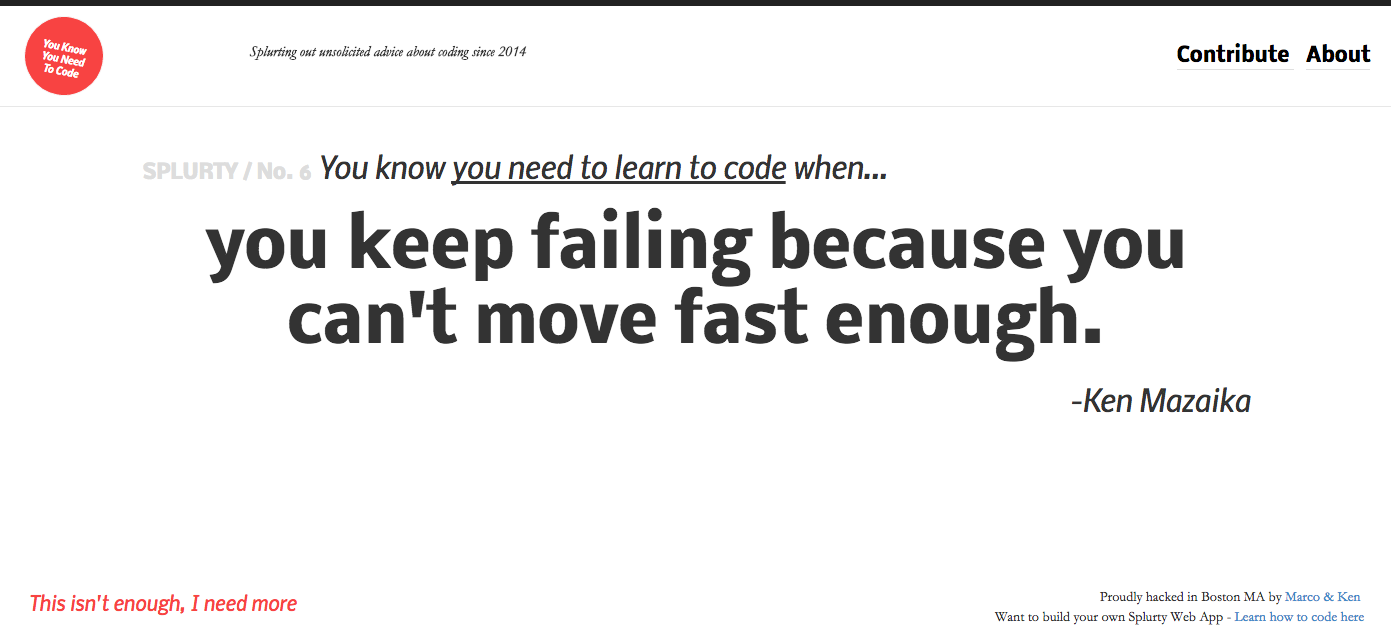
A database-powered quote generator with a mobile-first design, using the Ruby on Rails framework, HTML and CSS. Uses Git and GitHub for version contro, and launched on Heroku.
Yelp Clone
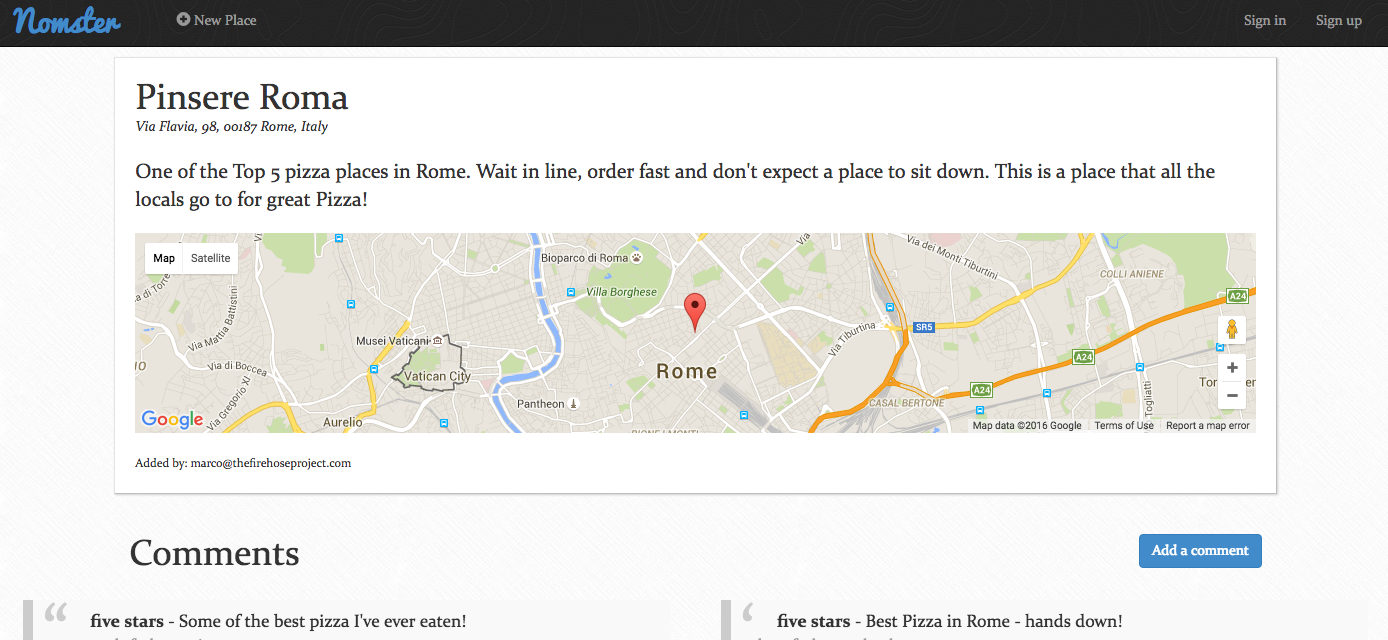
A Yelp clone that integrates with the Google Maps API
and includes features like user comments, star ratings,
image uploading, and user authentication.
Two-Sided Market Place
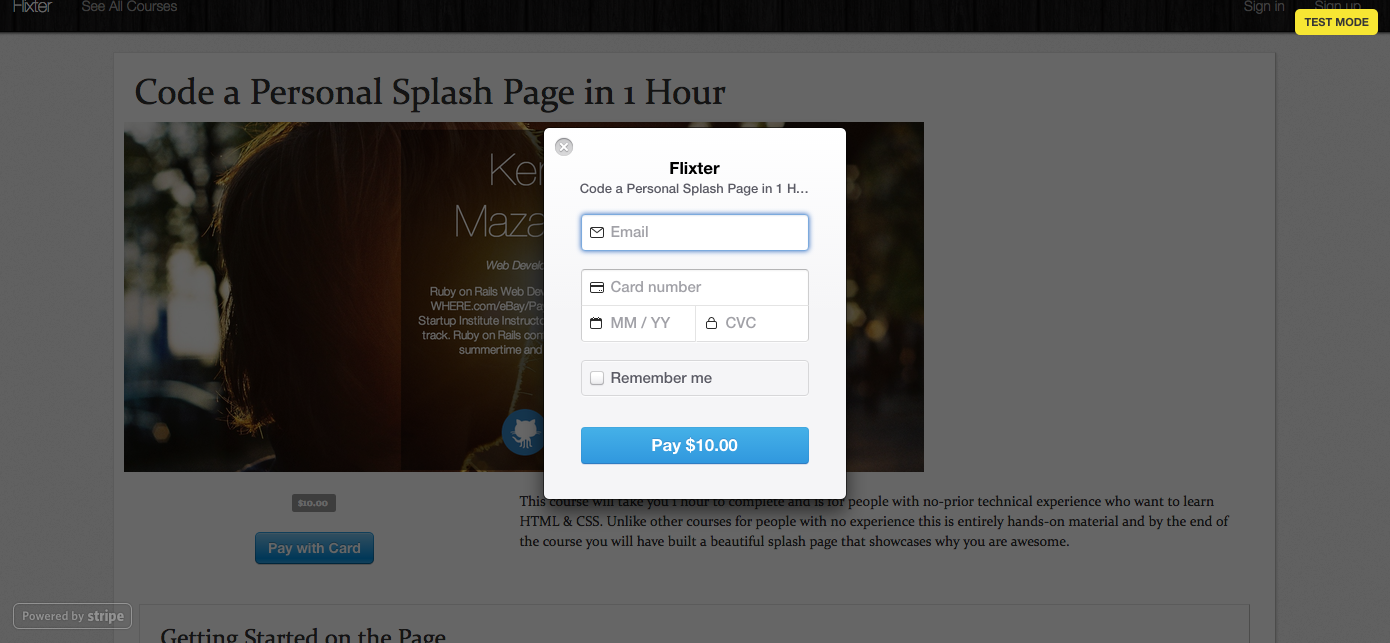
A two-sided, video-streaming marketplace platform that
features credit card payment capabilities, user role
management, complex user interfaces, and advanced
database relationships.
Test Driven Development
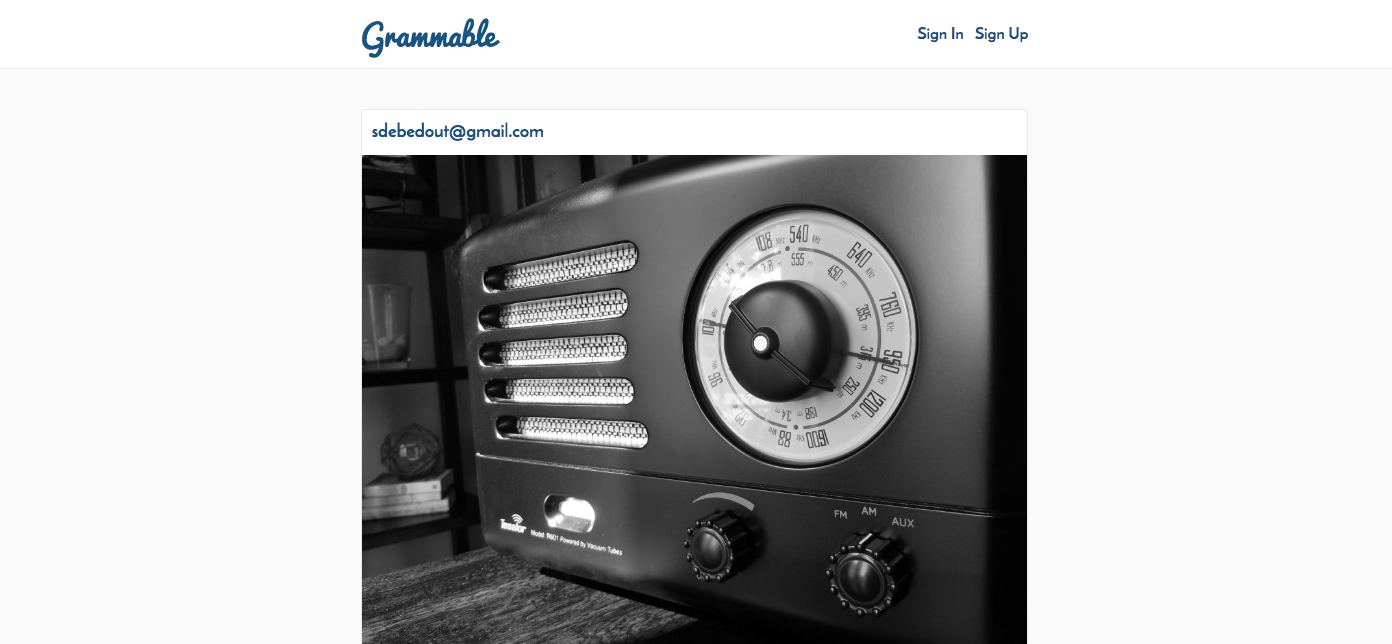
An Instagram clone that was built using industry-standard, test-driven
development following numerous red/green/refactor cycles.
Single Page Todo Application
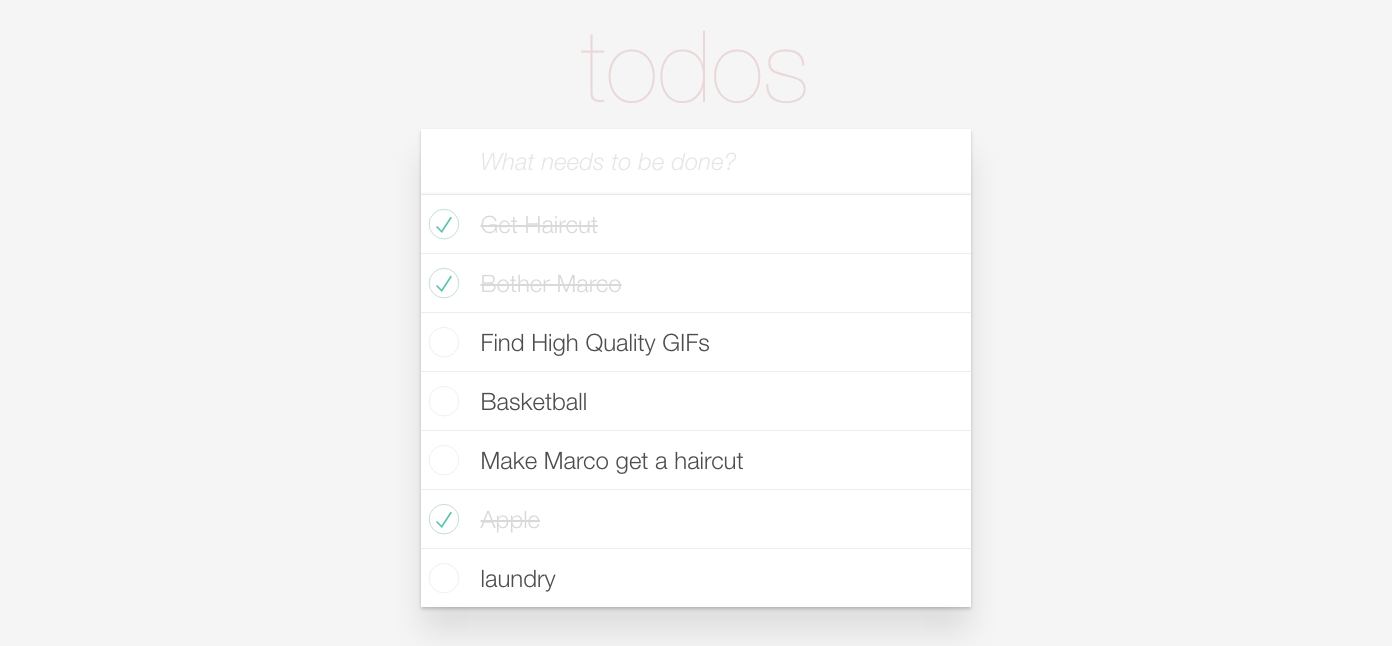
This single-page to-do application features a
fluid user interface that– by using JavaScript–
allows users to rapidly add dynamic content.
Agile Team Project

Worked on an Agile software development team building
a chess application. Under the guidance of a senior software engineer,
we had weekly Agile team meetings for code reviews, sprint planning,
and feature assignments.
Beth has developed proficiency and expertise in the following programming languages and comfort with the following tools.











